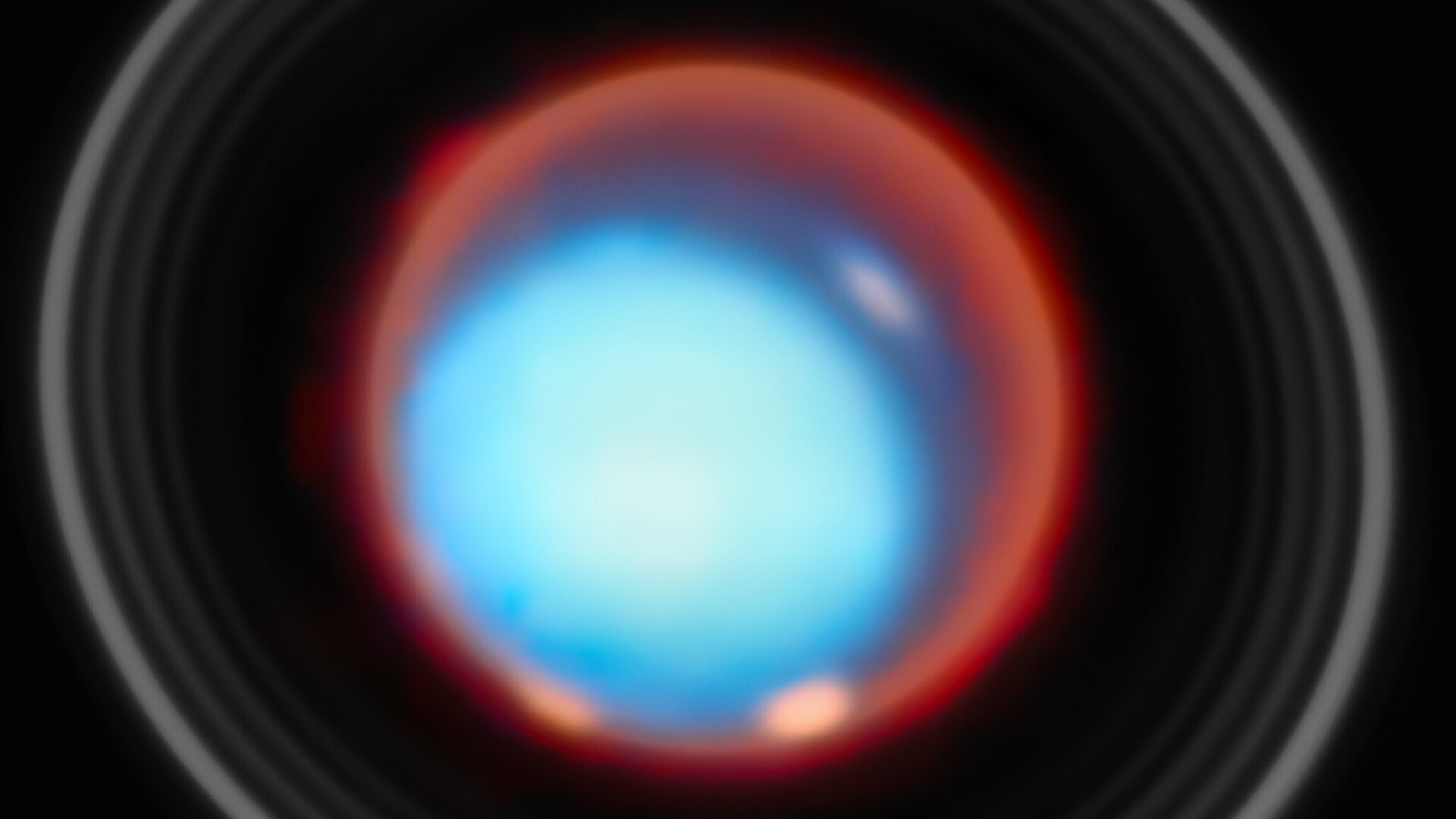Vega rocket's 53-satellite launch delayed to August
Breaking space news, the latest updates on rocket launches, skywatching events and more!
You are now subscribed
Your newsletter sign-up was successful
Want to add more newsletters?

Delivered daily
Daily Newsletter
Breaking space news, the latest updates on rocket launches, skywatching events and more!

Once a month
Watch This Space
Sign up to our monthly entertainment newsletter to keep up with all our coverage of the latest sci-fi and space movies, tv shows, games and books.

Once a week
Night Sky This Week
Discover this week's must-see night sky events, moon phases, and stunning astrophotos. Sign up for our skywatching newsletter and explore the universe with us!

Twice a month
Strange New Words
Space.com's Sci-Fi Reader's Club. Read a sci-fi short story every month and join a virtual community of fellow science fiction fans!
'Exceptionally unfavorable winds' at high altitudes are blamed for once again pushing back the launch of 53 satellites on a European Vega rocket. The rideshare mission, called the Small Spacecraft Mission Service (SSMS) proof-of-concept flight, is now scheduled to launch on Aug. 17 — the latest in a series of delays this year.
Arianespace's most recent launch campaign for the SSMS mission, also known as VV16, would have seen the Vega rocket lift off June 18 for its first space voyage since a Vega launch failure in July 2019. Strong high-altitude winds forced Arianespace to delay the launch from June 18 to June 27, and then to June 28.
Persistent bad weather conditions at the Guiana Space Center forced officials to take a break from continual launch attempts for Vega and its 53-satellite mission, Arianespace said in a statement.
Video: Multiple satellites to launch on Vega rocket's return to flight
Related: Meet Vega, Europe's new rocket (photos)
"With no improvement in the weather situation expected during the short term, Arianespace has decided to postpone Flight VV16 until August 17, 2020, when the forecast is expected to be more favorable based on modeling of the winds," Arianespace said. "The interim period will be used to recharge batteries of the launcher and the satellites, under all the required safety conditions."
It's been tough to get this Vega rocket off the ground. Originally scheduled to launch in August 2019, the SSMS mission was delayed indefinitely when a Vega rocket failed to launch the United Arab Emirates' FalconEye1 Earth-observation satellite a few weeks earlier.
Arianespace investigated the cause of the failure and rescheduled the VV16 mission for March of this year. But then coronavirus pandemic interrupted launch preparations at the Guiana Space Center, and Arianespace had to delay the launch once again to ensure the safety of its personnel and the community.
Breaking space news, the latest updates on rocket launches, skywatching events and more!
With that said, Arianespace said it still expects to meet its goal of flying three Vega rockets this year. The next two Vega launches, VV17 and VV18, are both currently scheduled to lift off in September.
In the meantime, Arianespace has other rockets to launch. The company's next mission, scheduled for July 28, will use an Ariane 5 rocket to launch two Intelsat satellites into a higher, geostationary orbit than Vega's satellite destination. The rocket will track eastward for its launch trajectory and won't be affected by the persistent high-altitude winds, Arianespace said.
Follow Elizabeth Howell on Twitter @howellspace. Follow us on Twitter @Spacedotcom and on Facebook.

Elizabeth Howell (she/her), Ph.D., was a staff writer in the spaceflight channel between 2022 and 2024 specializing in Canadian space news. She was contributing writer for Space.com for 10 years from 2012 to 2024. Elizabeth's reporting includes multiple exclusives with the White House, leading world coverage about a lost-and-found space tomato on the International Space Station, witnessing five human spaceflight launches on two continents, flying parabolic, working inside a spacesuit, and participating in a simulated Mars mission. Her latest book, "Why Am I Taller?" (ECW Press, 2022) is co-written with astronaut Dave Williams.


